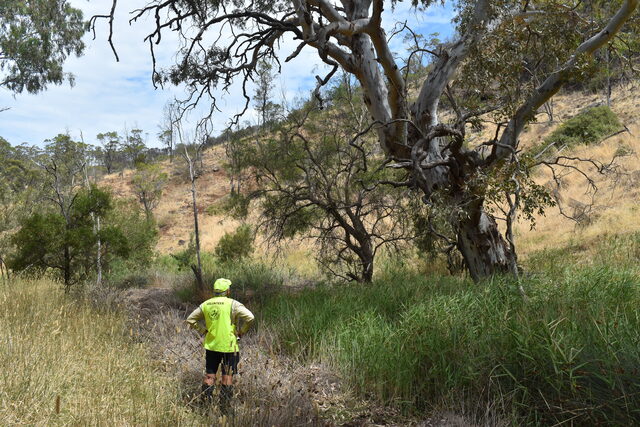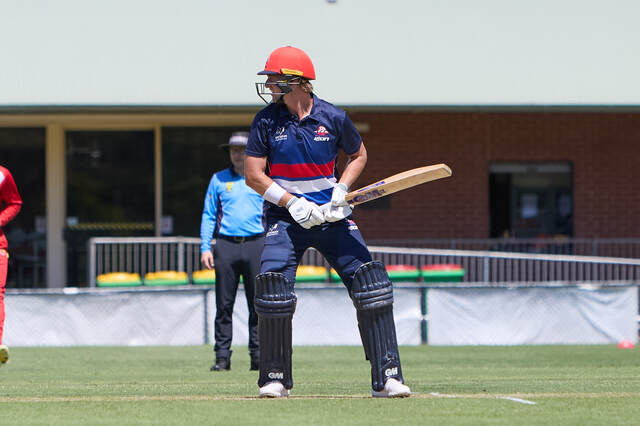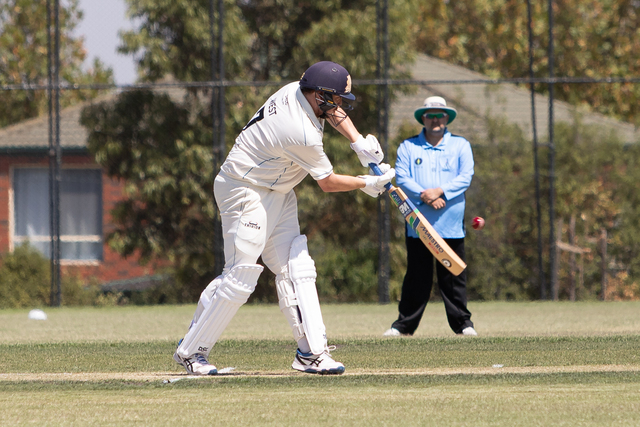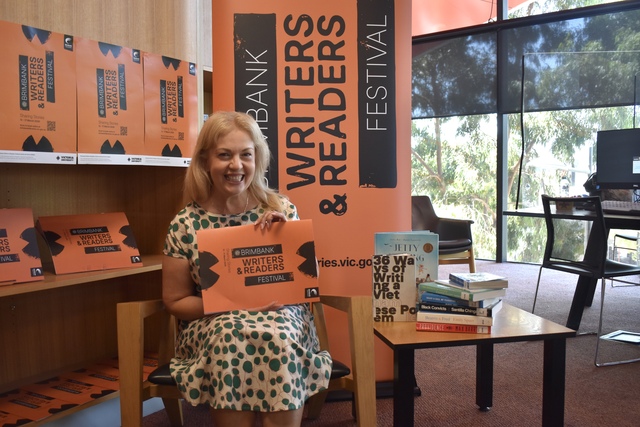Exam season is a pivotal time for Year 12 students, as their future opportunities often depend on their performance.
This stress can lead to significant anxiety and performance-related concerns, making this period particularly challenging, as the quest for the highest possible ATAR can create immense pressure on individuals.
However, with the changing nature of education, and how learning is delivered in this new digital age, experts argue that – while exams may be important – they aren’t the sole determining factor in shaping future career prospects of students, with alternate pathways into tertiary education as well as other options for those who may desire a different pathway.
To help students navigate these pressures, MCERA (Media Centre for Education Research Australia) has teamed up with leading researchers to offer valuable strategies for managing and overcoming exam-related stress.
Dr Rachael Jacobs is a researcher in assessment, with a specialisation in creativity and high stakes assessment at Western Sydney University.
A former secondary teacher, her research interests include language acquisition through the arts and anti-racism education, as well as creativity in assessment.
She said “dedicated study time with rewards are helpful for exam preparation.”
“Students can ease stress during exam time by having a calm environment that is conducive to studying and productivity, and having people around them take an interest in the subject matter, so that discussions can surface in a meaningful way.
“Learning also takes place in a variety of ways so students can improve their understanding of content by doing complementary practical tasks. For example, for the drama exam, don’t discount their need to act or play.
“For music, they might need to sing or listen to music. For history or global politics, they may need to watch the news or current affairs shows. Encourage them to engage with high quality sources though.
“Some research finds that exams actually build resilience. Allowing students time to create organised notes, learn how to organise their time, and a range of responses to questions and problems can really help build resilience.
“Helping them work through obstacles is always helpful, and reminding them that they don’t need to be perfect, but they do need to work hard and have a go.
“Dedicated study time with rewards are good for exam preparation. If using a reward-based system, try to make sure rewards aren’t always food-based, and try to let the reward be a time that their brain shifts to doing something different. Rewards could be an outing, a movie, seeing live music, some structured social media time, or even a driving lesson!
“Today, there are so many options for students and we are lucky to live in a time where it doesn’t all hang on a series of exams. Students should put in effort throughout the year for all their assessment tasks.
“They can also consider early entry options into university, as well as options that don’t rely on ATAR scores, such as TAFE or trades. There are many courses that use alternative methods of selection, such as auditions or portfolios.”
Professor John Fischetti works at the University of Newcastle. With over 40 years’ experience in transforming classroom learning, teaching and assessment, he is part of leading change in school/university structures and board policies around an equity-driven goal of enabling success for all citizens in a collaborative, global innovation age.
“The exams, a relic of the 20th century ‘sorting’ approach to determining post-secondary access, rely on psychometrics that create an illusion that they are based on assessing aptitude. They are, rather, a series of outdated stages of measuring wealth, post code, and compliance.
“The COVID-19 restrictions around the world prevented administration of the exams in many places. Universities and trade schools waived the testing requirements and, in many places, have not gone back to pre-COVID rules. Instead they use high school grade point average, attendance, and portfolios of assessment tasks organised to present specific evidence of learning outcomes.
“For those year-12 students who are part of the traditional process of studying for and anguishing about the final year 12 exams, all options are still open for every graduate,” he said.
“For those that did well, they were likely already admitted to the program of their choice months prior to scores being released. For those that did not do quite as well as they hoped, they can be admitted to a different degree.
“Following a year of success in that program, they are likely to be able to use their marks to transfer back into the program they originally preferred (unless they have changed their minds on their direction as is often the case).
“For those who did poorly or who did not even sit the exams, they can enrol in an enabling pathway. After six months or a year they can apply straight into the degree of their choice with the extra support, knowledge, and confidence they gained in the enabling pathway. Or they can enter the workforce, the armed services, or start their own business and return for learning when they need it later in life.
“The exams are obsolete. Our confidence in the new pathways has not caught up with the reality that we are running an assembly-line system in a GenAI world.”

















